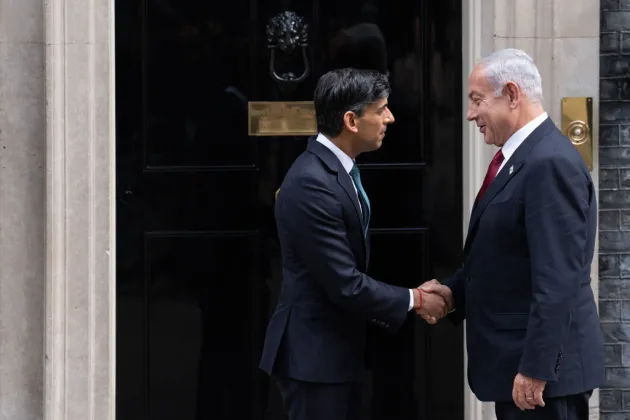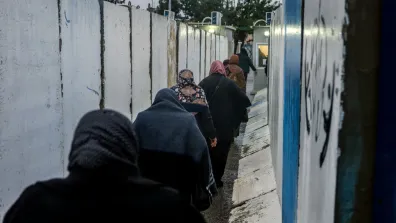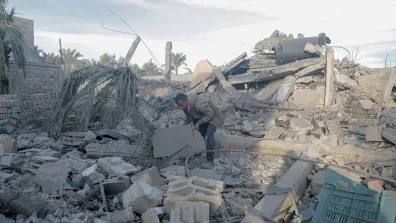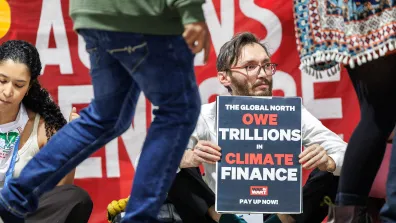The Palestinian right of return

The Palestinian right of return
Palestinians around the world give voice to this demand at protests, in campaigns, in art and in song.
So what is this right of return?
In 1948, Israel declared itself a state. In the process, over 750,000 Palestinians were forcibly displaced, exiled or forced to flee from violence inflicted by militias, which later became the Israeli military.
Hundreds of Palestinian villages were destroyed and/or depopulated, making way for new settlements that now make up the state of Israel.
Palestinians call this the ‘Nakba’, Arabic for catastrophe.
Palestinians are now scattered around the globe. Over 7 million are refugees, living in camps in Palestine, Jordan, Syria and Lebanon. Others live outside refugee camps in countries around the world, including here in the UK.
Israel refuses to allow Palestinian refugees to return home. Most are barred from even visiting the lands where their ancestors lived for countless generations. In some cases, Palestinians live in refugee camps just a few kilometers away from their original villages, able to see their lands but not allowed to reach them.
The right of return for refugees is a universal right, enshrined in international law through the Universal Declaration of Human Rights and the Geneva Convention. UN resolution 194 affirms that Palestinians have a right of return to their homes.
But the right of return is not just a piece of law. It’s a political principle, important for land defenders around the world and in the many places where people are resisting displacement and fighting for their rights to stay on or return to their lands.
Supporting the Palestinian right of return is an obligation for states, and a responsibility for solidarity movements. Supporting the right of return means supporting accountability and justice.



